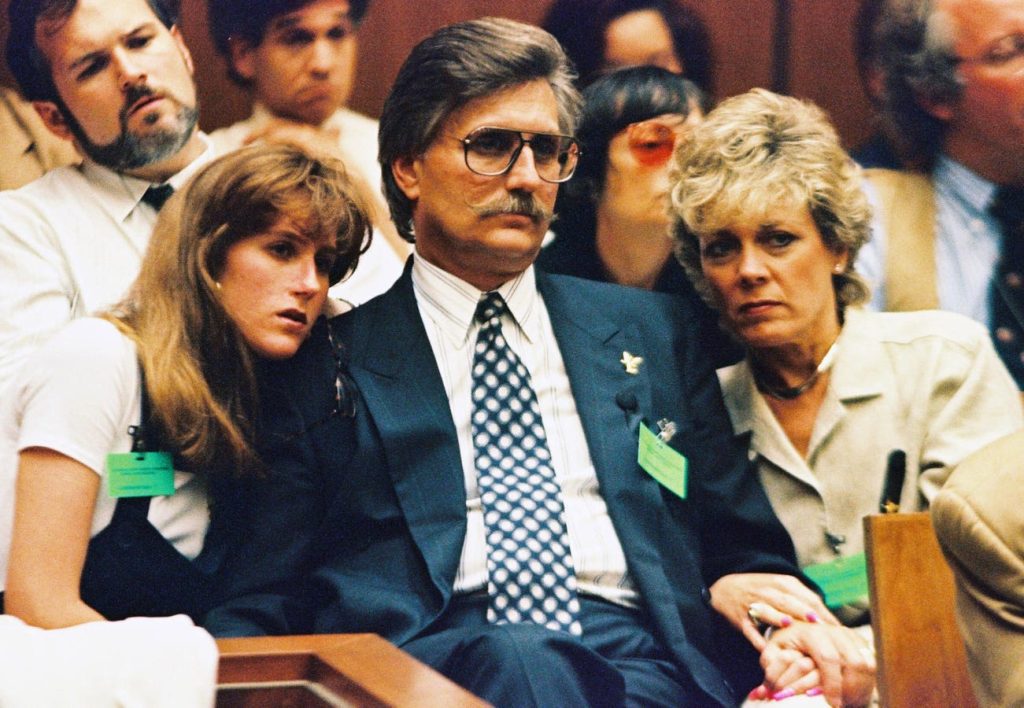After the death of O.J. Simpson from cancer this month, it was revealed that he had never paid any of the $33.5 million in damages awarded against him for the 1994 murders of his ex-wife, Nicole Brown, and her friend, Ron Goldman. Despite being acquitted in a criminal trial, Simpson was found liable for the deaths in a civil trial two years later, with the jury awarding $8.5 million in compensatory damages to the Goldman family and $12.5 million in punitive damages to each family.
Simpson’s long-time attorney, Malcolm LaVergne, made controversial statements regarding the Goldman family’s attempts to collect the damages. He initially stated that he hoped the Goldmans received nothing from Simpson’s estate and later referred to the money owed as “celebrity debt.” LaVergne’s comments led to criticism and his appearance on a news show was cut short by the host. However, he was not entirely incorrect in his characterization of the situation.
Simpson’s estate, subject to Nevada law, is now controlled by LaVergne as the executor. The will and revocable trust executed in January of this year provide for Simpson’s assets to pass to his children after expenses are paid. The estate will be subject to probate in Nevada, and creditors, including the Goldmans, will have the opportunity to file claims and seek repayment during the creditor claim period.
Due to Florida’s creditor protection laws, Simpson was able to shield assets from the Goldmans after his civil judgment in 1997. With exemptions for homesteads and certain income sources, Simpson was allowed to hold on to his assets despite the large judgment against him. Additionally, the Goldmans were able to control the rights to a book written by Simpson, following a legal battle in Florida.
Simpson faced additional legal troubles in 2007 when he was arrested in Las Vegas and convicted on charges of armed robbery and kidnapping. While in prison, the state of California named him one of its top tax offenders due to unpaid taxes. Simpson’s estate may still owe money to various creditors, including the IRS, though the passage of time may have limited collection efforts.
As the Goldmans seek to collect the damages owed to them, they may need to pursue legal action in multiple jurisdictions where Simpson owned property or interests in limited liability companies. It is likely that the families of Simpson and Goldman will collect very little from Simpson’s estate, as assets may have been shielded from creditors through complex legal structures. Ultimately, with Simpson’s death, the hope for true accountability from the families has come to an end.













